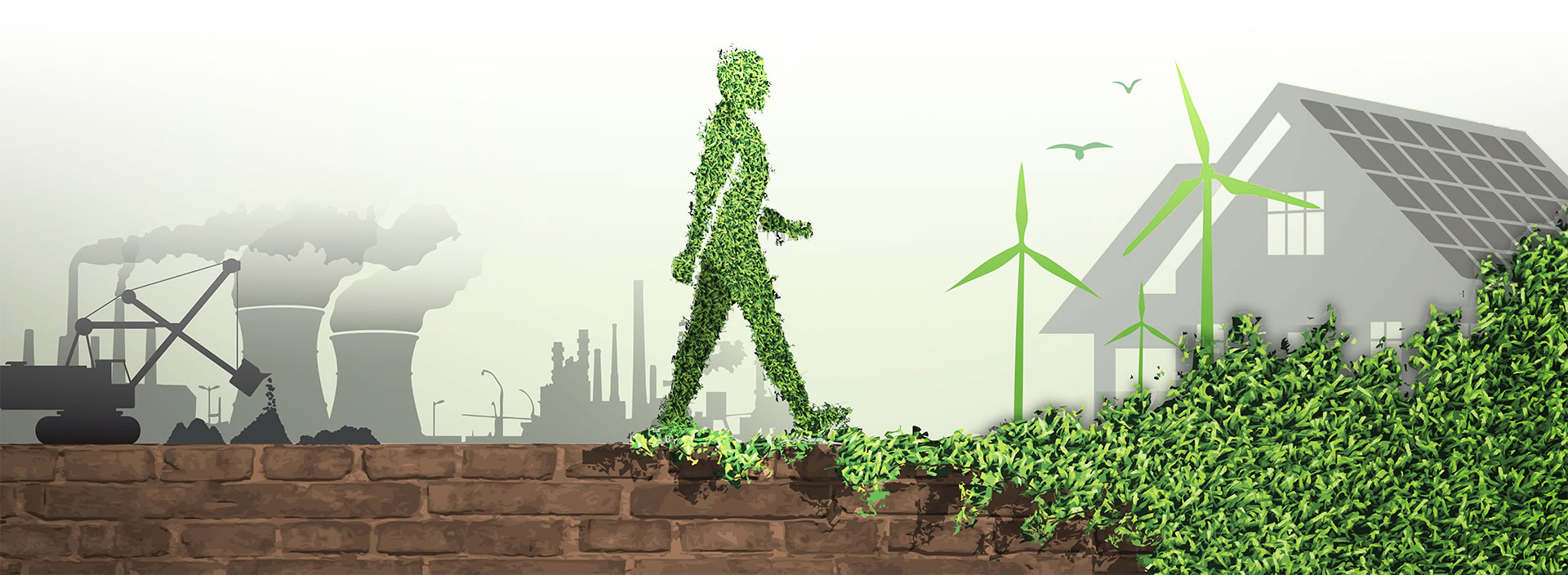Sustainability
Novvi offers sustainability by using renewable content, eliminating CO2, and enabling lasting performance.
Identifying and selecting renewable feedstock partners is crucial to the sustainability of our products and supply chains. Knowing that the origin and life cycle of our feedstocks meet our customer’s strict requirements is a requisite on which we will not compromise
- Certified supply chain
- Supplier code of conduct
- 3rd Party audited Life Cycle Analysis
- Transparency

Renewable Feedstocks
Plant oils, regardless of species, geography, growing conditions, or extraction method make the same basic molecular structures. Novvi leverages nature’s factory to bring diversification to our supply chain. We can use any source of plant oils and our products will always deliver the same consistent quality.
Plant oil options reside on every continent which creates a bountiful and diverse supply chain that we will utilize to bring local supply and manufacturing to our core markets. Local sustainable production is attainable for everyone with Novvi’s technology.
On this journey to sustainability, we are actively evaluating emerging recycling, and synthetic biology routes to molecules to ensure we can always deliver the most sustainable solution.
Sustainable Sourcing Pledge
Securing a sustainable supply of raw materials is fundamental to the future growth of our business and achieving our ambition to deliver the best possible products.
Our suppliers are selected and evaluated beyond basic economic criteria and we expect compliance with applicable laws and internationally recognized environmental, social, and corporate governance standards (ESG standards).
We pledge to continue to be an advocate for carbon reduction, and to pass that equity to our customers.
Transparency
Transparency is the currency that underpins sustainability.
Our objective is to deliver quantifiable benefits to our customers so that they, in turn, can do the same with theirs.
Novvi works extensively with customers and suppliers to make sure that everyone has clear visibility to the origin of our renewable materials and that we utilize a safe and sustainable supply chain.
Pursuit of Carbon Neutrality
Novvi’s cradle-to-gate LCA was performed to demonstrate conformance with the following standards:
- International Organization for Standardization. (2020). Environmental management — Life cycle assessment – Principles and framework (ISO 14040:2006/Amd 1:2020)
- International Organization for Standardization. (2020). Environmental management — Life cycle assessment — Requirements and guidelines (ISO 14044:2006/Amd 1:2017/Amd 2:2020)
- International Organization for Standardization. (2014). Environmental management — Life cycle assessment — Critical review processes and reviewer competencies: Additional requirements and guidelines to ISO 14044:2006 (ISO/TS 14071:2014)
- British Standards Institution (BSI) (2011). Publicly Available Specification (PAS) 2050:2011 Specification for the assessment of the life cycle greenhouse gas emissions of goods and services. (BSI PAS 250:2011)
Novvi’s LCA results have been verified by an accredited independent third-party auditing firm, SCS Global Services.
Do Less Harm
Nature provided the optimal building blocks and inspired our commitment to do less harm.
Leveraging a background in high throughput experimentation with a desire to do better, we crafted unique materials with superior in service and end-of-life properties alike.
Durability and long life together with leading biodegradability, recyclability, human health, and aquatoxicity metrics all contribute to a healthy planet.
The Great Opportunity
Novvi has cracked the code. Delivering top-tier products that are sustainable and can compete on cost and performance has been the missing pathway on this journey of carbon reduction.
Compromise does not have to be part of the design any longer. Whether you’re focused on top-tier performance, value creation, or unsurpassed sustainability, or all three, Novvi is the right partner. Become part of the solution.
